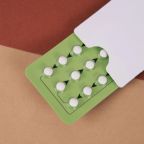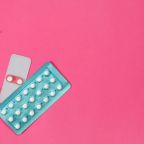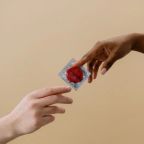Periods
If you’ve just started your period, are unsure what to expect, or are finding it difficult to manage – we’re here to support you.
Periods
If you’ve just started your period, are unsure what to expect, or are finding it difficult to manage – we’re here to support you.
Understanding Your Period
A period is when blood is released from the uterus out through the vagina. Girls or people with vaginas start their period usually anytime between the ages of 8 and 15. It now means that it is possible to become pregnant if that person has sex without using contraception.
Periods usually last around 5 days but it can be shorter or longer and it occurs every 4 – 5 weeks. This is called a menstrual cycle. Periods will last throughout a person’s life until they are around 45 – 56 and start the menopause.
Some people find that their periods are irregular, especially when they first start their period. Sometimes it will lighter and sometimes heavier but most people lose about 3 tablespoons of blood. Depending on how light or heavy it is there are different options of products to use.
Period Products
Period pads and liners
These are made of cotton and have sticky strips to hold it in place in the pants. They catch the blood and have to be changed throughout the day. Some are disposable and others can be reused and they come in different shapes and sizes.
Tampons
Tampons are cotton plugs that are placed into the vagina to absorb the blood. There is a string that helps to pull it out when it is ready to be changed. It is important to change it every 4 – 8 hours.
Menstrual Cup
These are small containers made of silicone that is put inside the vagina to collect the blood. When it is full it is removed and the blood can be poured down the toilet. The cup is then washed and can be reused.
Period pants
These are like normal pants but they have absorbent material inside of them that absorbs the blood. Reusable ones can be washed and used again and disposable ones are used only once.
Dealing with Period Symptoms
Everyone`s periods are different but you may experience uncomfortable symptoms. This is Pre Menstrual Syndrome or PMS. You may feel anxious, upset or emotional, feel tired and have mood swings. You may also feel bloated, have headaches or your skin gets spotty.
When the period comes it may feel very painful or be very heavy. It is important to talk you GP or sexual health clinic if you are finding your period difficult to manage or something is different than normal. You can use contraception to manage or stop your periods.
There are many different types of contraception but the ones that can help make periods less painful are the combined pill, the IUS (hormonal coil), the contraceptive implant and the contraceptive injection.
For help with heavy periods there is available the combined pill, the IUS (hormonal coil), the progestogen-only pill, the contraceptive implant and the contraception injection.
Toxic Shock Syndrome – TSS
This is an infection that can be life threatening but it is rare. It is caused by an infection but not leaving your tampon or menstrual cup in for too long reduces the risk.
Symptoms can include a high temperature, shivers, vomiting and diarrhoea, pain in your body and feeling sick and confused.
For more information click here.
Endometriosis
This is when tissue that looks like tissues that grows in the uterus grows in places outside of the uterus, such as ovaries, fallopian tubes and bladder.
It can cause painful period cramps, heavy periods, pain when peeing and having sex. Bowel problems and back and pelvic pain.
For more information click here.
Polycystic ovaries – PCOS
PCOS affects how the ovaries work and how eggs are released. It can also cause no ovulation of the eggs at all.
Symptoms can include heavy periods, facial hair and weight gain hair loss and oily skin. It can also be difficult to get pregnant.
For more information click here.
FAQs
Periods
Clear answers to common questions
Contacting a sexual health service for the first time may be a little daunting, especially if you’re not keen on talking to someone. So, here are answers to some of the questions we get asked a lot.
Can I go swimming on my period?
Yes you can. You will need to wear a tampon or menstrual cup to contain the blood. Pads are very absorbent and will soak up the pool water so won`t leave any room to soak up any blood.
Can I have sex on my period?
Yes you can. You will still need to use contraception as you can get pregnant while on your period or contract an STI. Make sure you take a tampon out first. There are benefits to have sex on your period such as relief from cramps, release of endorphins and having a shorter period.
Can I get pregnant on my period?
Yes, it is possible. It is possible to bleed during ovulation, when you are most fertile. Pregnancy is less likely the first two days of your period but increases with each day.
What if I can`t afford period products?
If you are at school or college or attend an organisation for 16 -19 years you can access period products for free. Foodbanks, council buildings and the sexual health clinic will provide them for free or provide information where to access them.
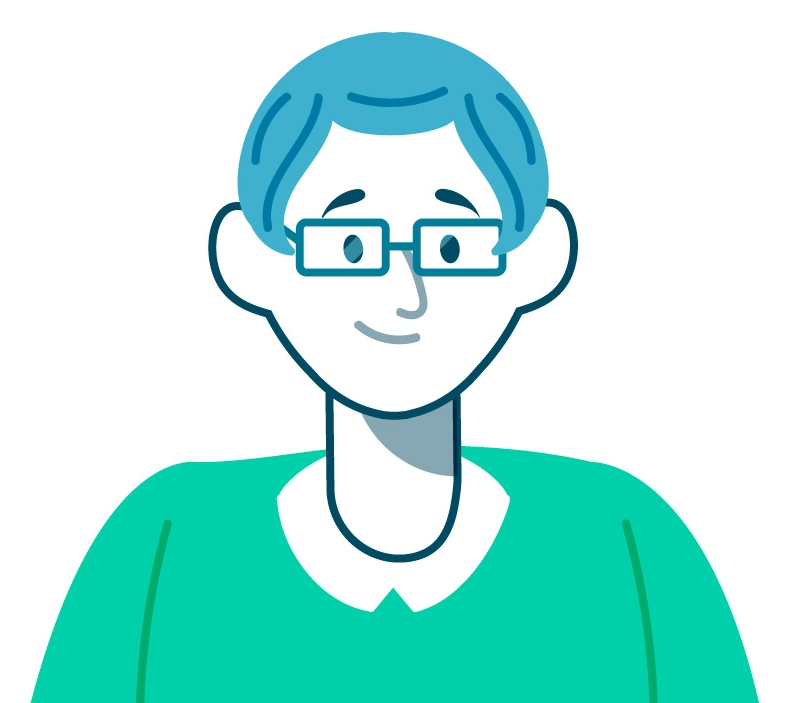
I can’t thank the creators of this blog enough for the positive impact it has had on my knowledge and perspective regarding sexuality. I eagerly await each new post and have recommended this blog to friends and family who share an interest in learning more about this essential aspect of human life.
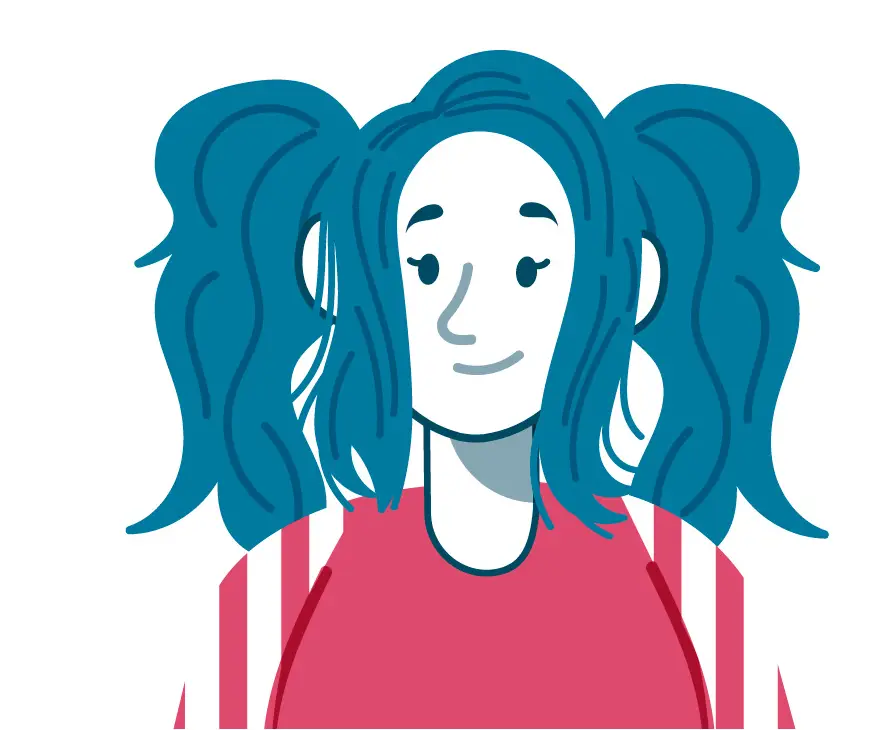
I wanted to share my thoughts on the sexuality blog I’ve been reading. This blog has been an incredible resource for me, providing valuable insights and information about various aspects of human sexuality. The articles are not only well-written but also thought-provoking and informative.
